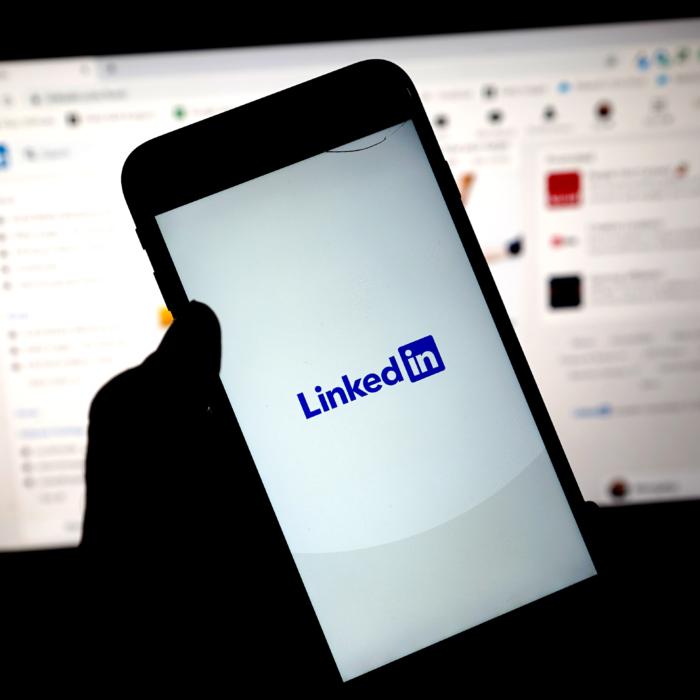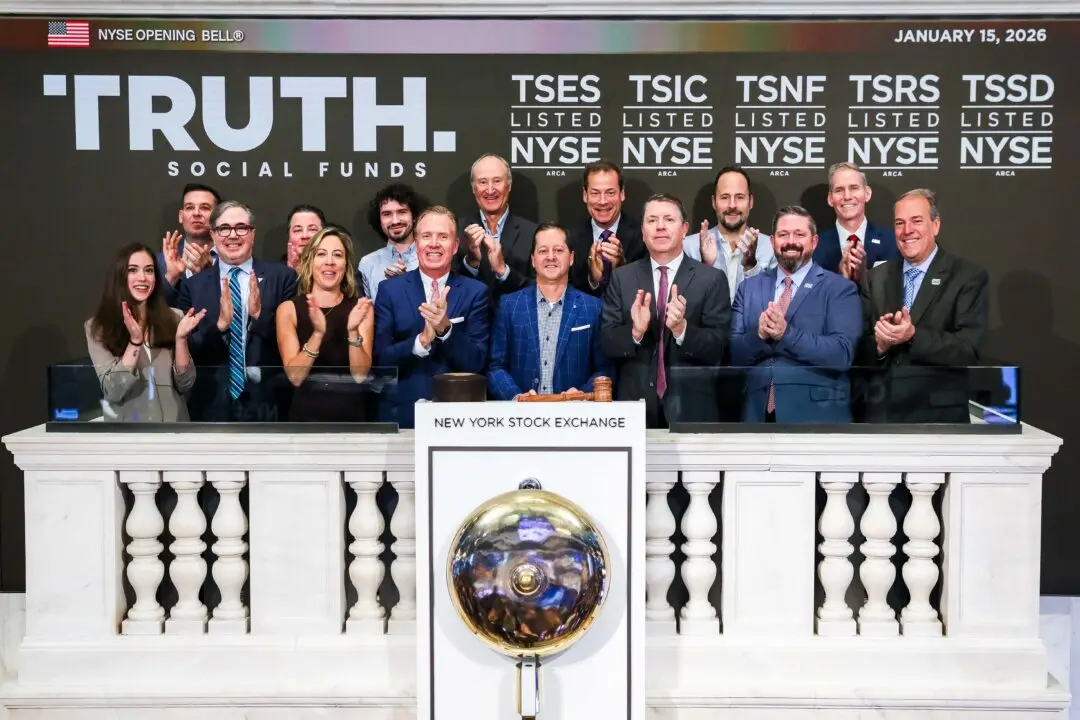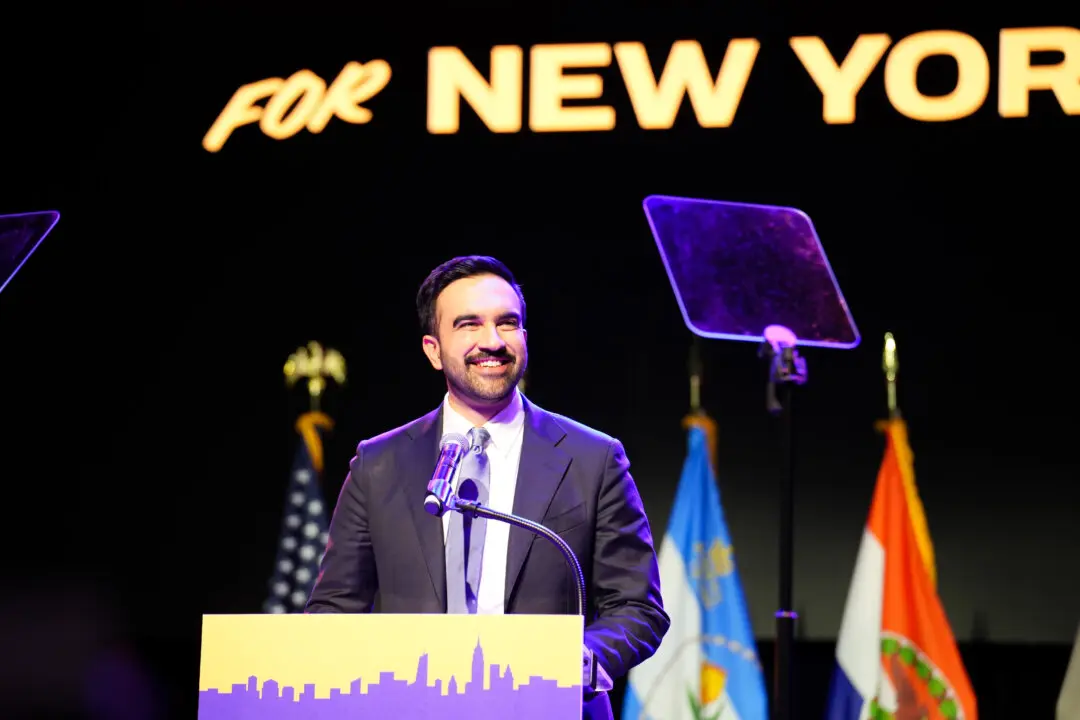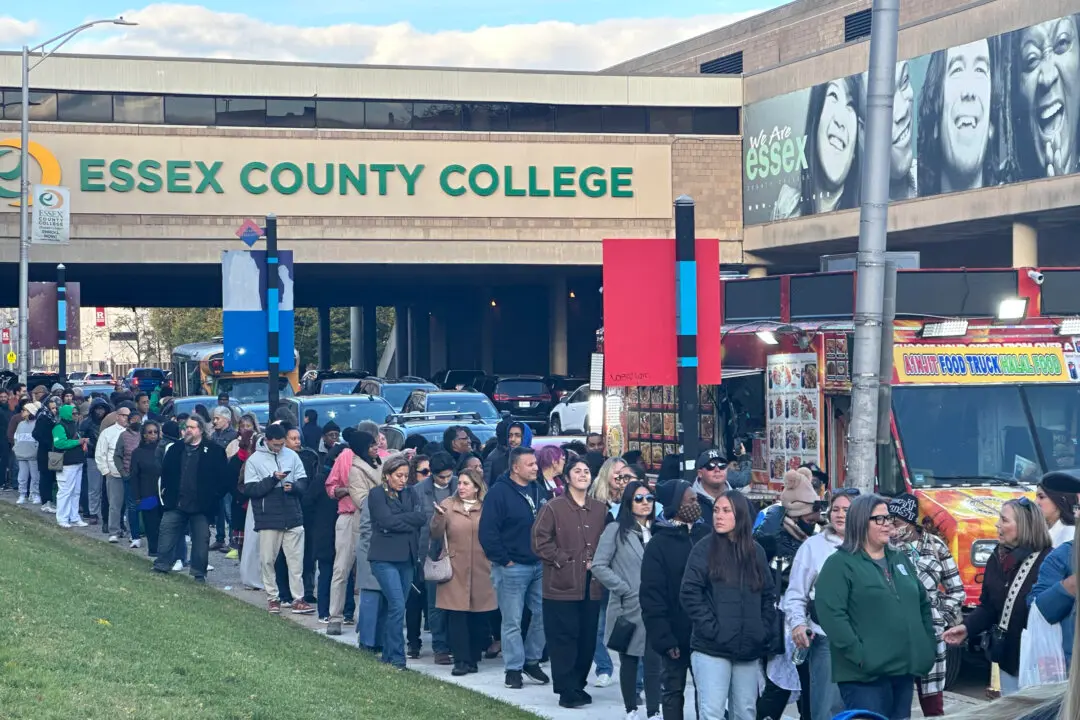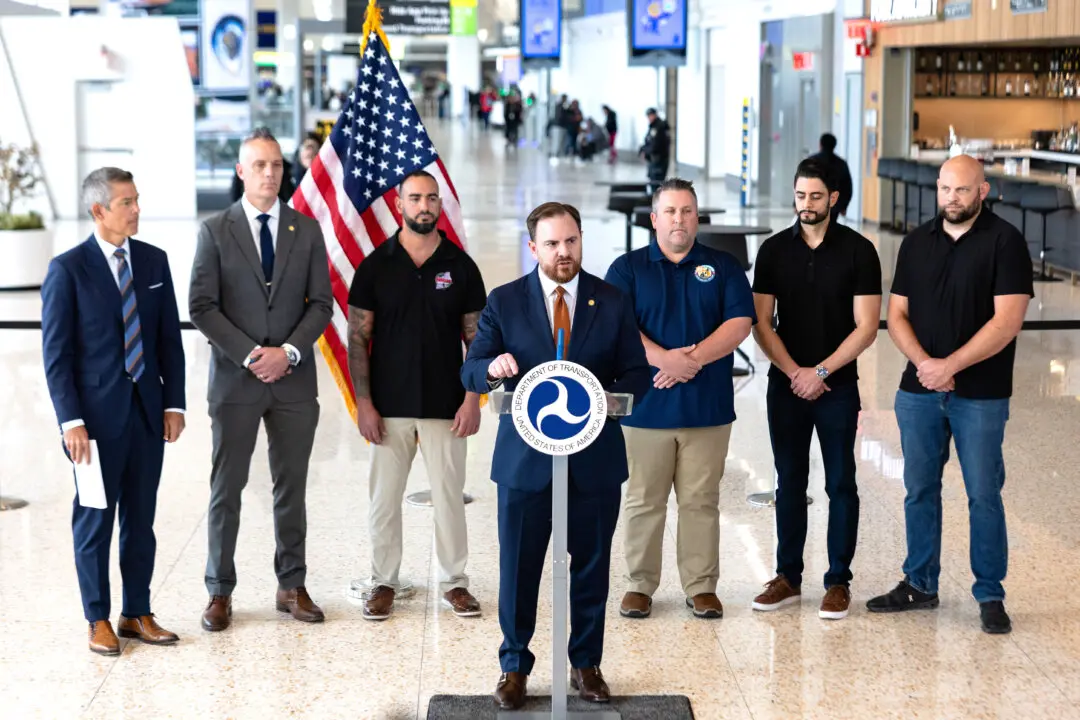Film director Spike Lee fears artificial intelligence (AI), and technology experts say he and other artists have every reason to be concerned.
“Sometimes, technology can go too far,” Lee said to an audience member who had asked about the impact of AI on traditional filmmaking. “I’m scared of it.”
Lee rose to national prominence in the 1980s after his first feature film, “She’s Gotta Have It,” became a box office hit and earned $7.1 million.
He is also known for directing “Do the Right Thing” in 1989, “BlacKkKlansman” in 2018, and the upcoming 2024 remake of the Japanese thriller “High and Low.”
“There’s a big thing now, especially with the Writers Guild, where they’re trying to get the studios and the networks to agree not to have these computers writing scripts,” Lee said. “It’s scary.”
The Writers Guild of America (WGA) was on strike last year from May 2023 until late September 2023, and AI was among the issues negotiated.
The union for television and film writers is worried that their members will be bypassed and replaced by AI, according to Zack Kim, CEO and founder of Cartha AI, a company that is developing AI therapy platforms.
“AI is primarily perceived as something that could generate a lot of unintended and undesirable consequences for the whole entertainment industry,” Kim told The Epoch Times.
The WGA did not respond to requests for comment, but Kim believes that writers fear that studios and TV networks will find it easier to use AI to generate story ideas rather than human beings.
“The concerns over job displacement and cost-cutting to the point of paying for AI to create a product instead of a live human are just the tip of the iceberg,” he said.
Although the WGA strike last year proved to be fruitful for union members, AI technology has since rapidly advanced.
“Those in the union and the industry need to keep discussing and solidifying protections when they become necessary,” GPTZero CEO Edward Tian told The Epoch Times.
GPTZero is a software that can detect whether text is generated by humans or a machine.
Lee also lamented that AI in the music industry appears to be further along.
“It’s out the box for music already,” he said. “You think you’re listening to Michael Jackson and it’s not even him or Prince. It’s artificial intelligence. I’m scared of what they can do with that and then pass it off as the real thing.”
In June, Sony Music, Universal Music Group, and Warner Records sued artificial intelligence companies Suno and Udio alleging that users are committing mass copyright infringement when they generate vocals that are indistinguishable from musicians such as Michael Jackson, Bruce Springsteen, and ABBA.
“With the AI technology in place, the line between real and artificial performance is further shifted, putting the ethical considerations of an artist and their legacy into question,” Zibtek founder Cache Merrill told The Epoch Times.
Zibtek, a Salt Lake City-based company, creates custom software, web, and mobile applications for businesses.
Lee further expressed concern about AI advancements on social media platforms.
“I was on Instagram, and they have these things where they have a lower third saying it’s AI, but the things they have people saying is the exact opposite of who these people are, and so you don’t know what’s what,” Lee alleged.
Lower-third video captions that appear on Instagram are also described as artificial intelligence output in real time.
Instagram did not respond to requests for comment.
Kim advises documenting misleading or false content by using Instagram’s built-in reporting feature.
“The problem with AI is that when it says something, you really have no way of knowing where it got the idea from, and who or what it consulted along the way to back up or refute its claims,” he said.
Other countermeasures include only using Instagram with a verified presence and filing trademarks and copyrights for individual likeness, voice, and style.
“In a perfect world, this means any AI-generated content that mimics someone without permission would be off-limits legally,” Ben Clayton, CEO of Missouri-based audio and video enhancement company Media Medic, told The Epoch Times. “Also, working with tech companies and platforms to create a digital watermarking could help trace back any unauthorized use, making it harder for AI-generated fakes to be passed off as the real deal.'’’
Lee declined to comment.



